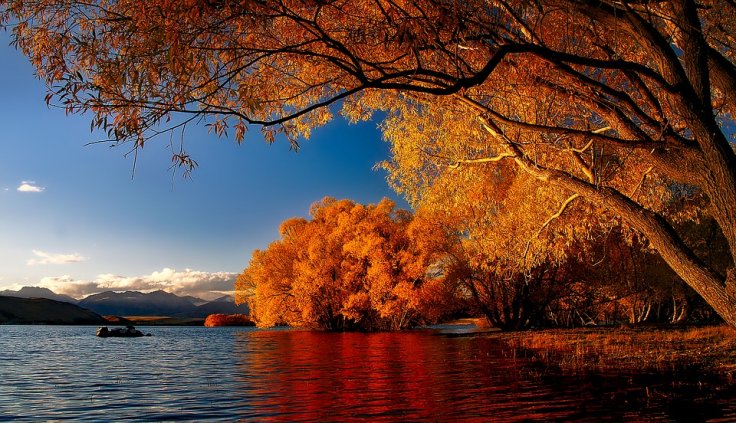
New Zealand's scientific agency said on Tuesday that the country went through its hottest summer on record and can expect more of the same if climate change continues unabated.
The National Institute of Water and Atmospheric Research (NIWA) said that the daily temperatures were recorded at an average of 18.8 degrees Celsius, 2.1 degree Celsius more than normal.
According to NIWA, this was the hottest summer since records began in 1909 as the mercury reached as high as 38.7 degree Celsius in the South Island. Reports said that it surpassed the previous high set in 1934-35.
Chris Brandolino, the chief forecaster of NIWA, explained that there were a number of factors that triggered the warm weather. The spike in marine temperatures and warm northerly winds from a La Nina weather pattern were two of the major reasons behind the climate.
In addition, global warming due to climate change is also believed to be a major contributor to the warm weather. Brandolino said that it has lifted baseline temperatures over the long term.
He added that if the factors behind man-made climate change were not addressed, more records were likely to fall in coming years.
"The expectation is that as we work our way through the coming decades, or 10, 20, 30, 100 years from now, if we're on the same trajectory we are now with carbon emissions, this will continue," he told Radio New Zealand.
The government declared a mid-level drought in some areas of the country due to the high temperatures. It also provided assistance to struggling farmers.
Channel NewsAsia reported that scientists have also linked extreme weather to climate change. This includes cyclone systems that have devastated Pacific island nations and caused flooding in New Zealand.
Prime Minister Jacinda Ardern has described the situation as the defining challenge of her generation, while, the New Zealand's fledgling centre-left government has vowed to help tackle climate change. Ardern is all set to make New Zealand carbon free by 2050.









